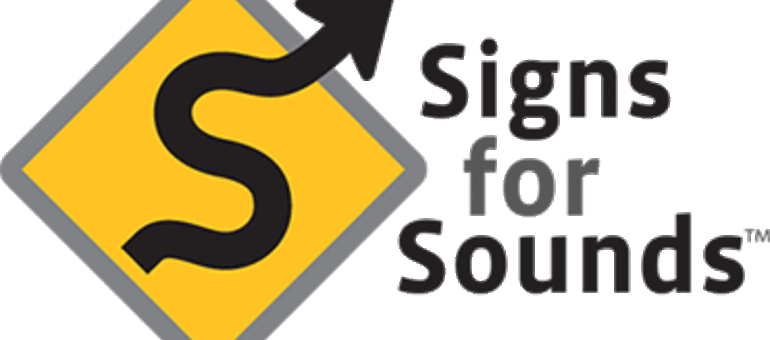Phonological awareness is an umbrella term that includes four developmental levels: word awareness, syllable awareness, onset-rime awareness, and phoneme awareness. Our Phonological Awareness Skills table shows how specific phonological awareness skills fall into the four developmental levels. The table provides an example for each skill. We hope you will download, use, and share this free resource!
Read more If you were asked to list some of the words your students frequently misspell, I’m sure several words would immediately come to your mind—words that you have corrected over and over again. The first words that come to my mind are the words said and they, and I would guess those words are on your list as well!
Read more Do you have students who confuse one letter with another letter? For example, a student might incorrectly read big for the word pig or dig. A student can easily confuse lowercase letters like b, d, p, and q. This is because each of these letters has an overall form that is identical or very similar to another letter’s form when rotated, flipped, or reversed.
Read more A good educator finds strategies and programs that work and implements them in the classroom. A great educator begins with an effective strategy or program and then develops ways to extend the learning even further. Kristin McDaniel, a first-grade teacher in San Juan Capistrano, CA, is one of the great ones. Pleased with the results she was seeing from Read Naturally’s spelling program, Signs for Sounds, Kristin asked herself how she could capitalize on her students’ momentum. Was there a way to reinforce and solidify their understanding of the word patterns and high-frequency words featured in the program?
Read more Literacy expert Tim Shanahan outlines the many benefits of formal spelling instruction in his article, Should We Teach Spelling? We recommend Shanahan’s article for a compelling answer to the question of whether to teach spelling. But another, equally important question, is how to teach spelling. Finding the right instructional materials is key.
Read more Most fluent readers don’t question the seemingly unnecessary b in doubt. They know it’s there, and they know how to read and spell the word. But in the interest of expanding students’ vocabularies and developing their spelling skills, it can be beneficial to teach that the b actually does serve a purpose.
Read more Sight words are extremely challenging. Often they’re hard to conceptualize, and they don’t follow typical phonics patterns. But sight words come up again and again in the English language. It’s essential that students learn these high-frequency words as soon as possible in order to become successful readers.
Read more Automated spell-check. Without it, I’d need to be more conscientious about spelling words like conscientious correctly. But if my computer can spell it for me, why would I need to learn to spell conscientious myself? In the age of automated spell-check, teachers may wonder if...
Read more Which students will you assess for weaknesses in phonics? In some schools and at some grade levels, teachers are required to assess all students using specific assessment tools. In other schools and perhaps in higher grade levels, teachers may want this valuable information, but recognize that individual diagnostic testing of all students is not necessarily an effective use of time.
Read more We are pleased to feature Karen Hunter as a guest blogger today on RN Bookmark. Before becoming Read Naturally’s Director of Curriculum & Professional Development in 2007, Karen was a reading specialist, special education teacher, and teacher trainer for 30 years in California. There she developed a passion for teaching the crucial and often difficult skill of spelling to struggling students. Bringing her expertise to Read Naturally, Karen was instrumental in the development and management of our spelling product, Signs for Sounds. In this post, Karen shares information on the importance of teaching spelling. She includes resources that will help you evaluate your current spelling curriculum or a new program you might be considering.
Read more 

 Share your student’s success story—nominate him or her for our Star of the Month award. Win a Barnes & Noble gift card for the student and a Read Naturally gift certificate for your class!
Share your student’s success story—nominate him or her for our Star of the Month award. Win a Barnes & Noble gift card for the student and a Read Naturally gift certificate for your class!